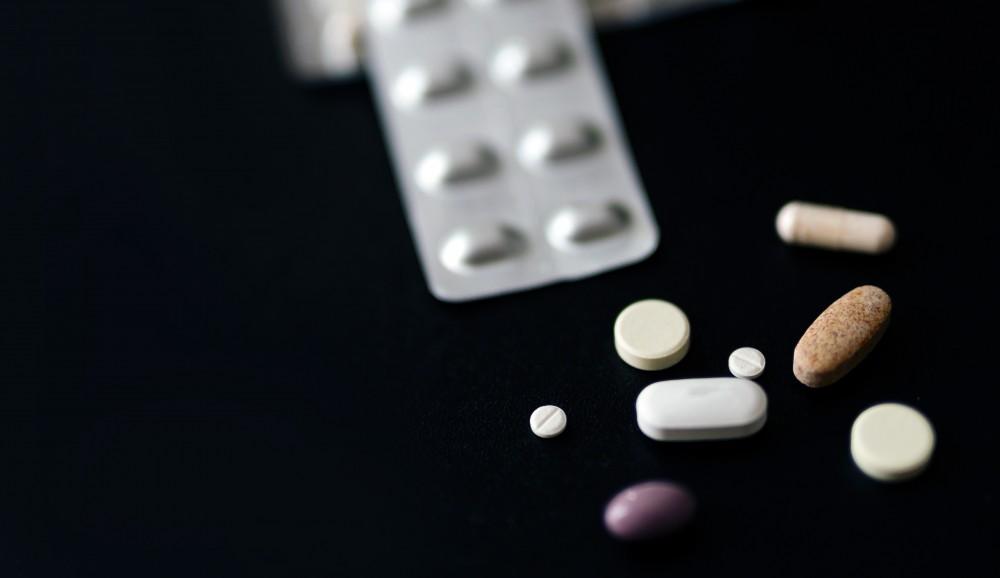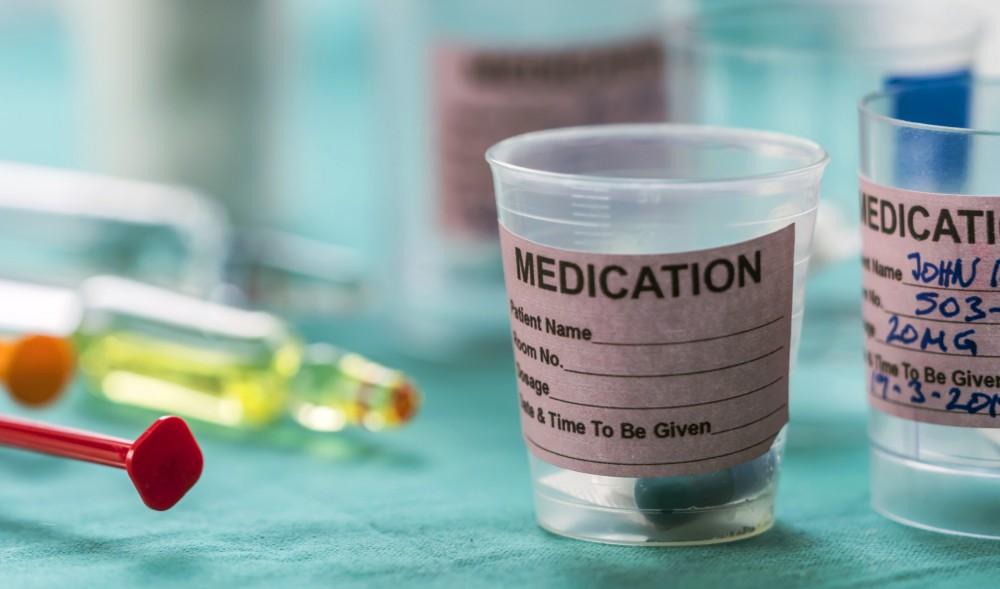Medication Errors: What You Need to Know
Medication errors are a common occurrence in the United States, with more than 100,000 cases reported each year [1]. Almost all medication errors can be prevented. However, when left unchecked, they can have serious consequences. If you believe that you have been affected by a medication error, we are here to help! Continue reading to learn more about medication errors, how they happen, and how you can do your part to prevent them.
What is a Medication Error?
A medication error occurs when a prescription drug causes an adverse reaction in the person taking it. In other words, it is a mistake that results in an injury or even death in more severe cases.
Many times, medication errors can be a part of a larger issue that comes into play with unnecessary medical treatment or malpractice. According to an article published by John Hopkins Medicine, prescription medications make up about 22% of all unnecessary medical care [2].
On rare occasions, while not malicious in intent, they are not errors at all.
What Causes Medication Errors?
There are a variety of factors that can contribute to medication errors. Common contributors are:
Misdiagnosis
A misdiagnosis happens when an individual is diagnosed with a condition or disease that they don’t have or, conversely, left undiagnosed with a disease or ailment that they do have. In addition, diagnostic errors can result in the delay or prevention of the appropriate treatments.
Drug Interactions
When taken together, certain medications can counteract or cause adverse effects for the patient. Also, some medications contain similar ingredients and can contribute to an overdose or organ damage when taken together.
The Three Types of Drug Interactions
There are three main types of drug interactions:
Drug-Drug Interactions
A drug-drug interaction happens when two or more drugs are taken that either have similar effects (for example taking cough medicine and medication to help the onset of sleep (a form of sedative)), potentially leading to overdose or a counter-action of each other.
Drug-Food Interactions
Some medications react to certain foods or drinks. For example, there are many medications that should never be taken with alcohol.
Drug-Condition Interactions
Certain medical conditions could prove risky if the wrong medications are taken. A classic example would be taking a decongestion medication when you have high blood pressure.
Allergies
Some patients are allergic to certain ingredients that are prevalent in medications. If they are prescribed these medications by their doctor, they will have an allergic reaction that can be severe.
Wrong Patient Prescription
Another preventable form of medication error is wrong patient prescription. This can occur when a doctor mixes up the prescriptions for two or more patients. It can also happen when a pharmacy confuses or misinterprets the prescription orders for their patients (Pharmacy Errors).
Prescription Dosage Miscalculations (too high or too frequent)
If a patient’s prescription dosage is too high or too frequent, it can result in overdosing on medication, injuries, organ damage, or even death. Most of the time, health care practitioners follow guidelines on the minimum and maximum recommended dosage for patients.
Administering Errors
In rare occurrences, medication can be administered incorrectly. One such case led to an immediate heart-attack of a patient when a medication that is to be used as a topical agent was mistakenly injected into the patient.
Contraindication
Sometimes medication errors occur because the doctor or prescriber fails to consider a symptom or medical condition that would be a reason for someone not to receive a particular medication or procedure. In these cases, the drug can be risky or harmful to the individual.
Pharmacy Errors
A drug may be incorrectly prepared, resulting in an overdose or an insufficient dosage. It could also be contaminated, causing an unintentional reaction or harmful side effects.
Administration errors also occur when the pharmacy misinterprets the intended prescription and does not fill an order correctly. This can be harmful because the patient will not be receiving the medication that they were intended to have.
The Harmful Effects of Medication Errors
There is a wide array of effects and symptoms of medication errors ranging from general fatigue to memory and motor skill complications to breathing problems, not to mention addiction. Sometimes a patient may not realize these issues immediately, but rather they begin to compile over time.
Some of the more serious side effects include:
Liver and Kidney Damage
If a health care provider fails to administer the proper medication, it can result in liver and kidney damage or failure.
Symptoms of liver failure include the yellowing of skin and eyes (jaundice), abdominal pain (particularly the upper right abdomen), ascites (abdominal swelling), nausea, vomiting, among many other symptoms.
Drug induced nephrotoxicity, or something that is damaging the kidneys, is typically acute. In other words, it can happen quickly and without warning. Symptoms include swelling in the legs (including the ankles or feet), a decrease in the frequency of urination, shortness of breath, vomiting, or even seizures in an extreme case.
Complications From Allergic Reaction
Complications associated with allergic reactions to medications can be very serious. Depending on the allergy and how severe it is, symptoms will vary. Some common symptoms are hives, rash, or fever.
How to Prevent Medication Errors
Although medication errors can be common, they are wholly avoidable. If you are concerned about the medication you are prescribed, ask questions and encourage open communication about your treatment process. Whenever you take medications, it is important to know the full extent of their side effects. This can help you avoid any complications or serious health issues. You should be upfront with your doctor about any medications that you are taking whether they are over-the-counter, previously prescribed to you, or other.
Harry S. Cohen & Associates
If you have been impacted by a medication error, we are here to help! Our caring, knowledgeable, and supportive staff of attorneys and professionals are available to assist you and provide a free consultation at any time throughout your process.
If you believe that you have been affected by a medication error, start by calling us at (412) 281-3000 or toll free at 1-888-MEDMAL1 (1-888-633-6251).
References
[1] Working to Reduce Medication Errors
US Food & Drug Administration, Aug. 23, 2019
[2] Unneeded Medical Care is Common and Driven by Fear of Malpractice, Physician Survey Concludes
John Hopkins Medicine, Sept. 6, 2017




